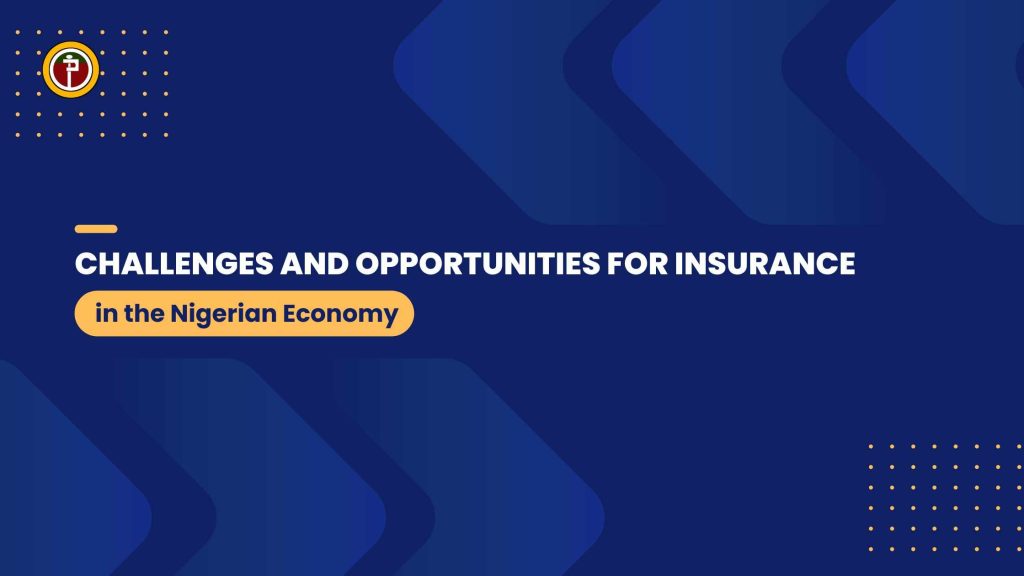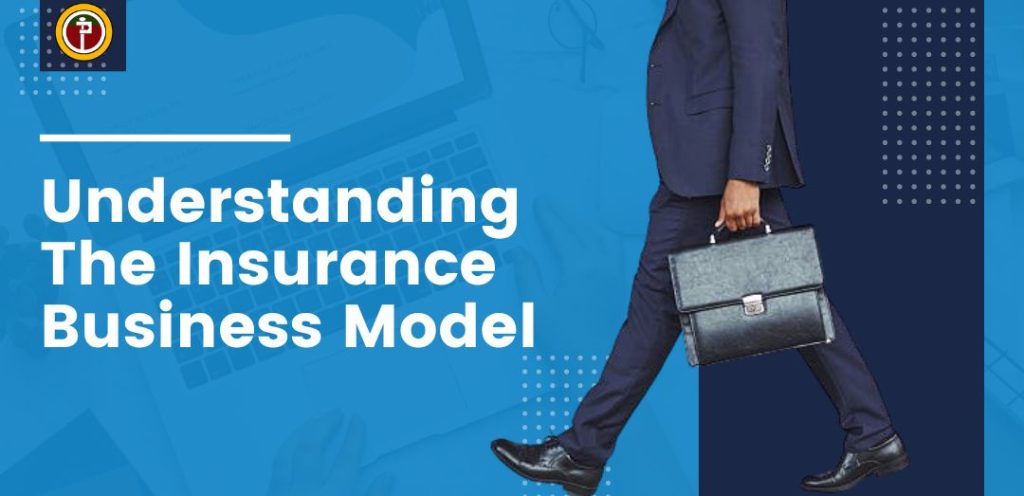Insurance is critical in any economy, serving as a safety net for individuals and businesses. In Nigeria, however, the insurance sector contributes less than 4% to the country’s GDP.
This article underscores the sector’s underdevelopment and the need for increased advocacy and awareness to unlock its full potential.
Factors Affecting Insurance Penetration
Several factors contribute to the low penetration of insurance in Nigeria; including:
- Socio-Cultural and Religious Beliefs: Many Nigerians hold deep-seated beliefs that affect their perception of insurance. There’s a prevalent notion that divine intervention will prevent misfortunes, leading to a reliance on faith rather than proactive measures like insurance.
- Low Awareness and Advocacy: A significant portion of the population is unaware of the benefits and existence of insurance. This lack of knowledge means that many do not consider insurance a viable option for mitigating risks.
- Trust Issues: There is a general mistrust towards insurance companies, fueled by past experiences where claims were not honored or were delayed. This perception discourages people from purchasing insurance policies.
- Government Enforcement: Although there are mandatory insurance policies, enforcement is weak. Stronger regulatory oversight and enforcement could drive higher adoption rates.
The Role of the Government
The government has a pivotal role in enhancing the insurance sector. Strong enforcement of compulsory insurance policies, such as third-party motor insurance and group life insurance for organizations, is crucial.
Additionally, government initiatives could encourage individuals and businesses to purchase insurance, fostering a risk management culture.
Compulsory Insurance Policies in Nigeria
Several insurance policies are mandatory by law in Nigeria. These include:
- Third-Party Motor Insurance: This policy is mandatory for all vehicle owners and covers liabilities to third parties in the event of an accident.
- Group Life Insurance: Employers with at least three employees are required to provide group life insurance, which covers death in service.
- Builders Liability Insurance: Required for buildings under construction with more than two floors, this policy covers risks during the construction period.
- Occupiers Liability Insurance: This policy is necessary for buildings accessed by the public, covering liabilities arising from accidents on the premises.
Bridging the Knowledge Gap
To improve insurance penetration, it is essential to address the knowledge gap through a multifaceted approach involving various stakeholders;
- Education and Awareness Campaigns: Efforts must be made to educate the public on the importance and benefits of insurance. This can be achieved through mass media campaigns, community outreach programs, and the integration of insurance education into school curriculums. NGOs like Transparent Protection Ltd. play a crucial role in these efforts by organizing seminars and workshops to reach diverse audiences.
- Simplifying Insurance Products: Insurance companies should design products that are easy to understand and tailored to the needs of different segments of the population. Micro-insurance products, for instance, can cater to low-income households, making insurance accessible to a broader audience. NGOs can collaborate with insurance companies to advocate for and help develop such products.
- Supporting NGOs: The work of organizations like Transparent Protection Ltd. is vital in driving insurance awareness and education. Support from public and private sectors, through funding and strategic partnerships, can help these NGOs sustain and expand their initiatives, thereby enhancing insurance penetration across the country.
Improving Industry Practices
Insurance companies must also play their part by ensuring they fulfill their contractual obligations and handle claims efficiently. By building a reputation for reliability and trustworthiness, they can change public perception and increase the willingness of individuals to invest in insurance policies.
In conclusion, the insurance sector in Nigeria has immense potential to contribute significantly to the economy.
However, this potential can only be realized through concerted efforts to address socio-cultural barriers, improve awareness, enforce regulations, and enhance the trustworthiness of insurance companies.
By doing so, the sector can provide a robust safety net for individuals and businesses, fostering economic stability and growth.
Take advantage of the next article, subscribe now!
Have questions about claim settlements or need assistance with your insurance policy? Our team is here to help! Reach out to us via email at info@tplng.com or give us a call at 0905-776-6182. We’re committed to ensuring genuine claim settlements and supporting our valued members.
TPL, your satisfaction is our priority.




